Let's unleash the social impact of sport
For 20 years, PLAY International has invested in sport as a lever for education and social change. This action in the field shows that it is possible to positively impact the life course by inventing new ways of using physical activity and sport: to promote learning and develop life skills; facilitate dialogue between war-battered communities; etc
The development of Playdagogy, for example, illustrates this reality: we can learn actively and effectively while playing. This is the case in Creteil on the plague represented by sedentariness, the fourth leading cause of death in the world. This is also the case in Burundi on the major challenge of staying in school, in a country where more than one child in four does not complete primary school.
Since the creation of the NGO, a growing number of educational organizations and professionals have been using sport as a vehicle for social transformation. When PLAY International celebrates 20 years of commitment in the field of humanitarian and education, the finding remains the same as in 1999: the sport is underutilized in terms of educational and social impact. The urgency of social needs forces us today to unlock the social impact potential of sport. The scale of these needs invites us to create collective solutions and to conceive new logics of coalitions between NGOs, (social) enterprises, public actors, etc.
The next few years should allow us to fully reveal this tremendous potential. We must, and can, change the dominant representations of sport to make it a major solution to the Sustainable Development Goals *.
* The 17 goals of sustainable development have been adopted by the United Nations for the 2030 horizon. They set themselves to meet objectives such as access to education for all, the eradication of poverty and the preservation of the planet.
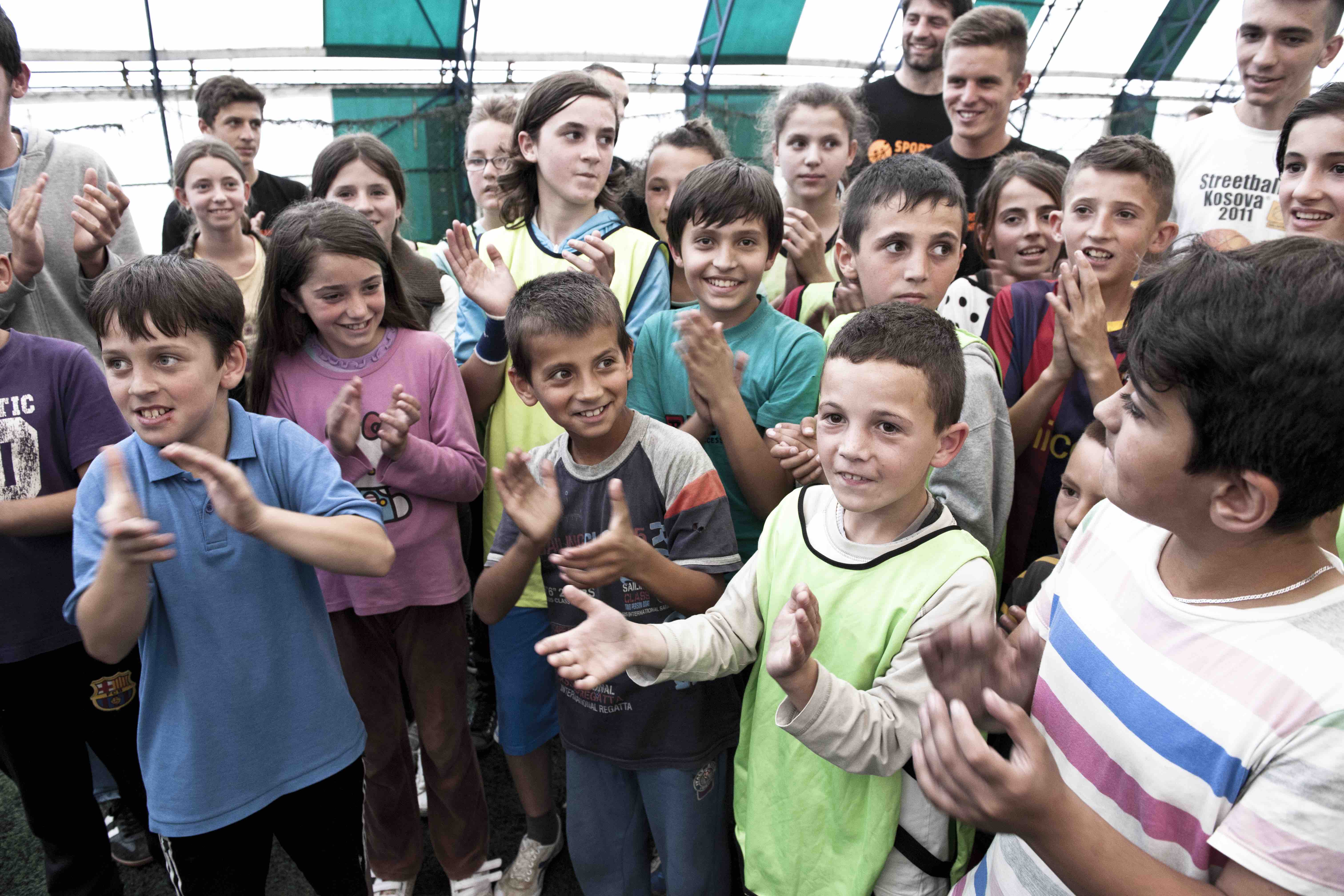
One of the most effective ways to increase this impact is to enable an exponential number of young people to access programs that use physical activity and sport as an educational and inclusive tool. Achieving this goal is possible by relying on the education professionals who are (or will be) in charge of these young people. It is by nourishing the daily practices of the actors on the ground, and by taking inspiration from them, that we will manage to create a concrete and lasting change.
the 2025 horizon
Achieving the Sustainable Development Goals implies a collective approach to educational, social and humanitarian action. The PLAY International project for 2025 is a contribution to this issue, in France and around the world.
During the next 5 years, the NGO sets itself the ambition to multiply, at least, the social impact of its activity by 3.
This is to boost the ecosystems of change actors in more than 20 countries in Western Europe, the Balkans, West and East Africa, the Indian Ocean and the Caribbean.
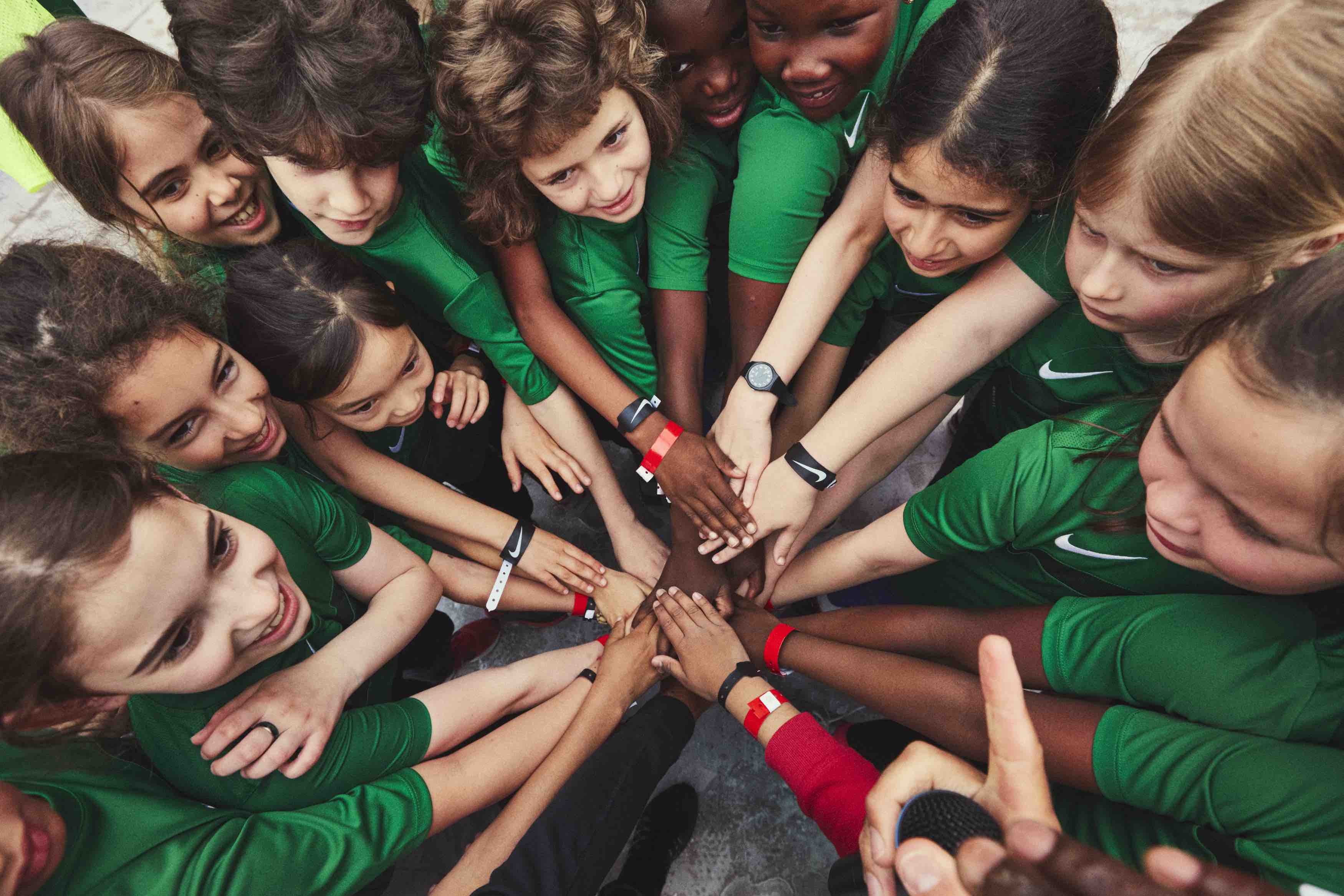
3 LEVERS of action
The project is based on 3 main levers of action.
1. SOCIAL INNOVATION AND PEDAGOGY
Co-create the most effective educational content possible, model and accelerate new solutions, develop action-research and action-research: the heart of this ecosystem relies on the identification, creation and massive diffusion of tools and practical solutions in the field by education, social action and humanitarian actors.
2. THE IMPACT ON THE FIELD
The second lever is based on engineering projects with priority audiences and within territories where the potential for impact can be maximized. It is a question of deploying these solutions with the existing actors of ground in a logic of decompartmentalization, of operational and educational continuity.
3. THE ADVOCACY
We want to contribute to the change of perception of the sport. This is the meaning of our advocacy: we must unleash the potential for social impact of sport. It's about demonstrating the relevance of our collective actions, to create a stronger link between the world of research and field workers, or to integrate socio-sporting tools into the initial and continuous training of a maximum of education professionals.
REGIONALIZED DEPLOYMENT
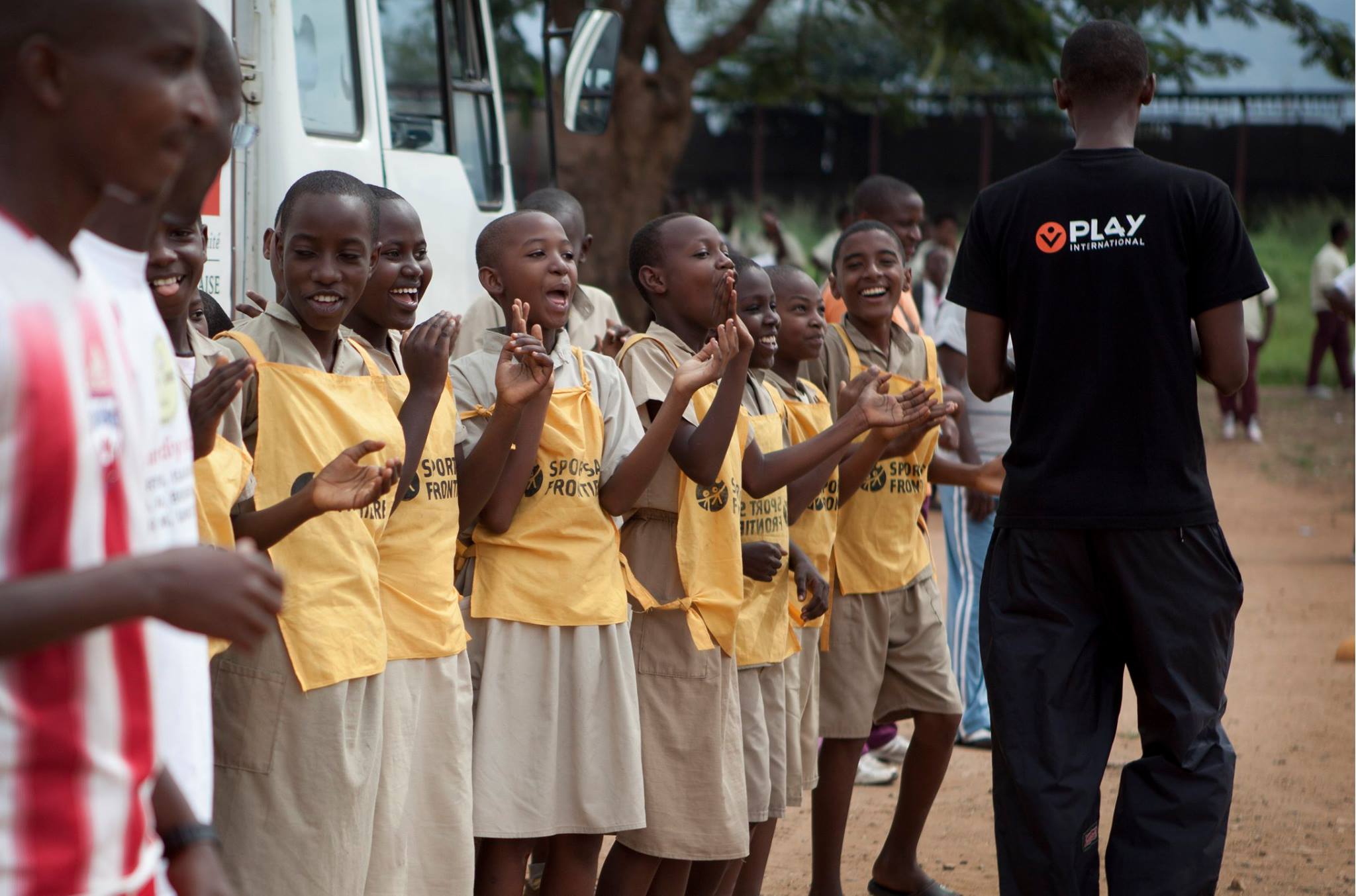
The PLAY International development will follow a logic of regionalization from anchor points where the activity of the NGO is pre-existing. The global ecosystem will be structured in the coming years around 6 priority zones. By 2025, each office will coordinate all projects in the area:
Western Europe Office, with actions in Europe, coordinated in France
Balkan Office, with actions in Kosovo, Serbia and Macedonia, coordinated by Kosovo
West Africa Office, with actions in Senegal and Liberia, coordinated by Senegal
East Africa Office, with actions in Burundi, Democratic Republic of Congo and Rwanda, coordinated by Burundi
Indian Ocean Office, with actions in Mayotte, Comoros, Reunion and Madagascar, coordinated by Mayotte
The head office in Paris ensures a function of impulse, coordination and global capitalization.
Advisory Board
Composed of experts from the sports sector and the voluntary sector, the advisory's board's objective is to give direction and identify the development perspectives of PLAY International.
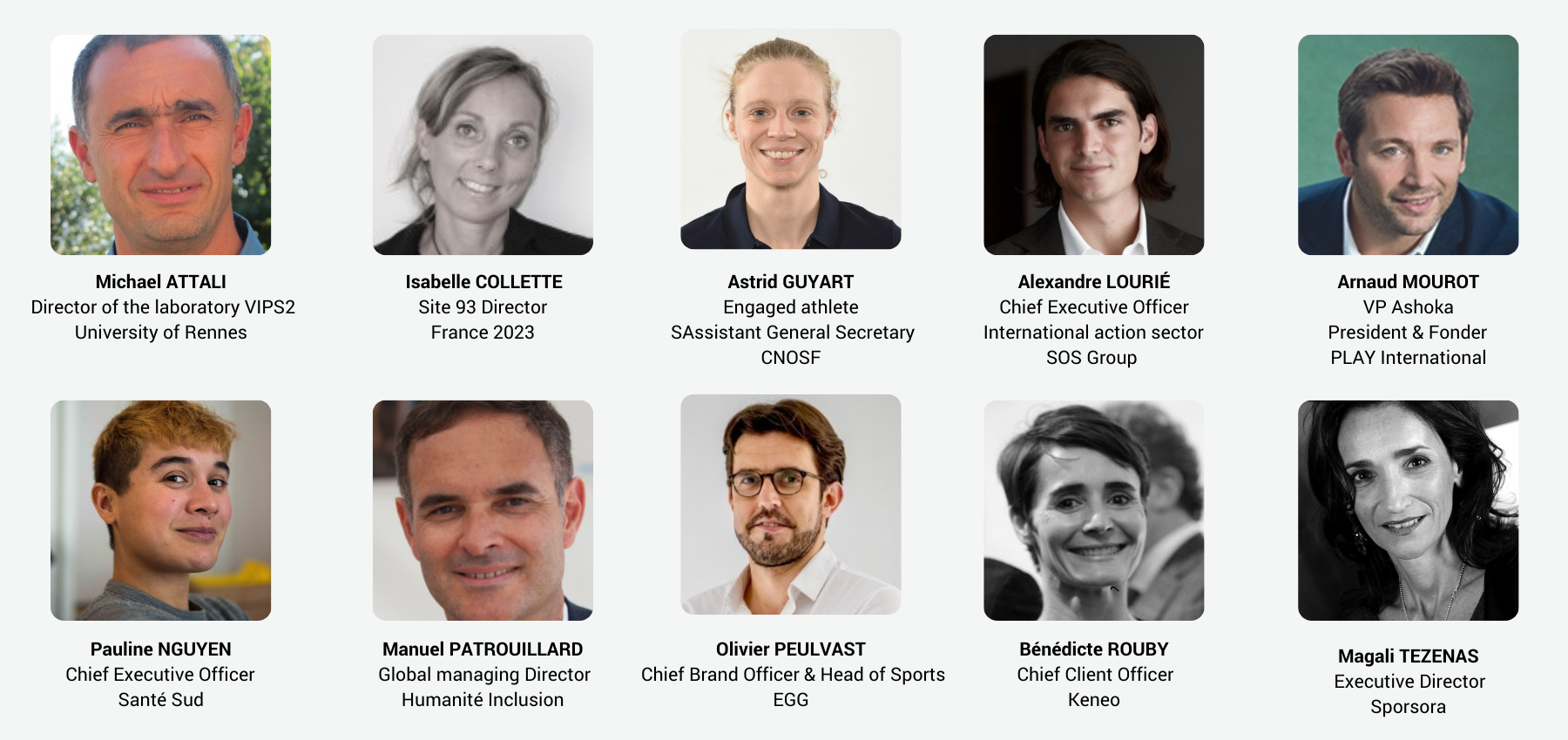
 FR
FR EN
EN